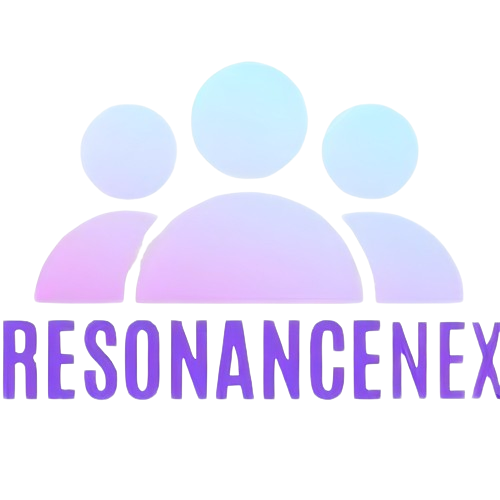The Future of Work: How Real Estate and Other Industries Are Rapidly Evolving in 2025 and Beyond
The Future of Work: How Real Estate and Other Industries Are Rapidly Evolving in 2025 and Beyond Explore how industries like real estate, healthcare, finance, and logistics are transforming in 2025. Learn the skills and strategies needed to stay relevant and future-proof your career. Introduction Let’s be honest… no industry is staying the same. Whether you’re in healthcare, finance, marketing, or real estate… the future of work is unfolding fast. AI, automation, decentralized platforms, and changing client expectations are rewriting the rules.Real estate is just one of the many sectors experiencing this rapid shift… but it reflects a bigger truth happening across the board. Professionals can no longer just be good at their jobs… they have to be adaptable, visible, and consistently valuable.Today… career security matters more than job security. Why Real Estate Professionals Are Rethinking Their Role From Home Showings to Strategy… A Bigger Value ShiftReal estate agents used to rely on showing homes and collecting commissions. But in today’s competitive, tech-driven market… that’s not enough. Clients expect real advice, local expertise, and a strong digital presence.The modern agent is a strategic guide… content creator… negotiator… and market insider. The Skills Agents Are Learning Now Apply to EveryoneFrom personal branding and client psychology to digital marketing and flexible pricing… real estate professionals are building skills that matter in every field. Industry by Industry… What’s Changing and What Skills Are Needed Logistics and Supply Chain What’s Changing: AI-driven routing, automation, client expectations Skills You Need: Data literacy, tech systems, customer operations Recruiting and HR What’s Changing: AI resume screening, remote global hiring Skills You Need: Talent branding, people-first hiring, virtual interviewing Education What’s Changing: Virtual classrooms, AI tutors Skills You Need: Tech literacy, communication skills, emotional connection Healthcare What’s Changing: Telemedicine, personalized health platforms Skills You Need: Tech fluency, patient empathy, care delivery innovation Finance and Banking What’s Changing: Digital finance, decentralized assets Skills You Need: Fintech navigation, cybersecurity awareness, investment knowledge Retail What’s Changing: E-commerce, immersive shopping Skills You Need: Experience design, digital logistics, customer journey building Legal What’s Changing: AI-generated contracts, legal research automation Skills You Need: Critical thinking, strategic counsel, tech-augmented law practice Transportation What’s Changing: EV adoption, autonomous delivery Skills You Need: EV repair, route optimization, fleet data management Marketing What’s Changing: Predictive content, data-first campaigns Skills You Need: Storytelling, brand trust-building, performance tracking What All Professionals Must Do to Stay Competitive Be Ready to PivotThe job you have now might look completely different in two years. Stay flexible and open to new models of working. Build a Brand… Not Just a ResumeA title won’t protect you… but your visibility, thought leadership, and reputation will. Share your knowledge and network constantly. Lead with ValueYour worth is measured by the problems you solve. Help others, guide clients, and position yourself as the person who brings clarity. Career Clarity for 2025 and Beyond You don’t have to switch industries to stay relevant… but you do have to upgrade your mindset and skillset. Whether you’re in real estate, tech, healthcare, or education… the message is the same. Adapt quickly. Show your value. Keep evolving. FAQs What’s driving the biggest changes in industries like real estate, healthcare, and logistics? AI, automation, remote access, and shifting consumer expectations are rapidly transforming how professionals operate in every sector. Is it still possible to stay in the same industry and thrive? Absolutely… but it requires learning new tools, understanding trends, and showing more strategic value than ever before. What skills are becoming essential across all professions? Digital literacy, personal branding, emotional intelligence, client communication, and tech-powered problem-solving are crucial. Why is real estate used as an example in this shift? Because it combines elements of marketing, finance, legal, and client service… showing how one role can require cross-functional excellence. What should I do today to prepare for tomorrow’s workforce? Invest in your learning… sharpen your online presence… follow emerging trends… and focus on impact over routine.


